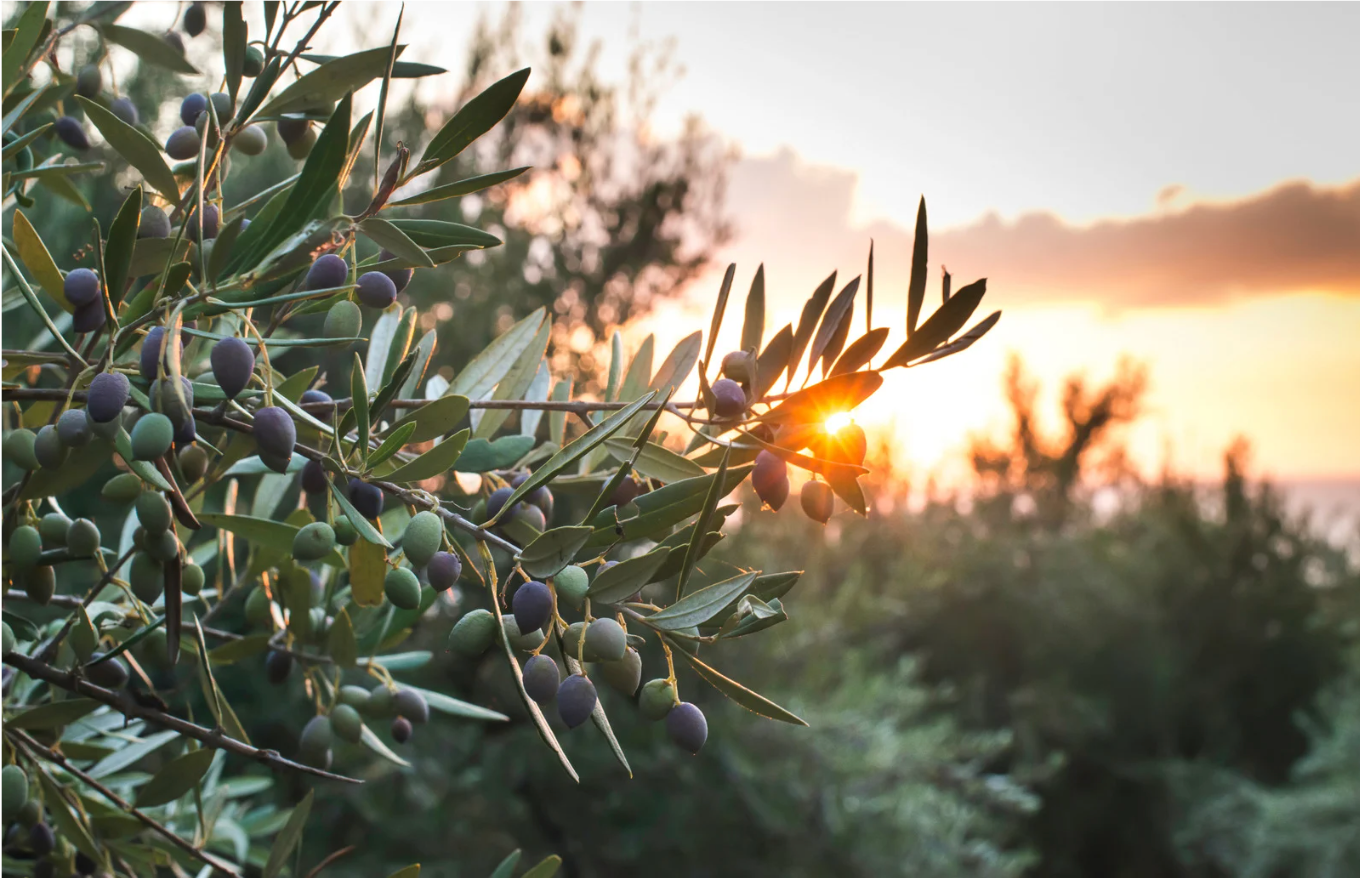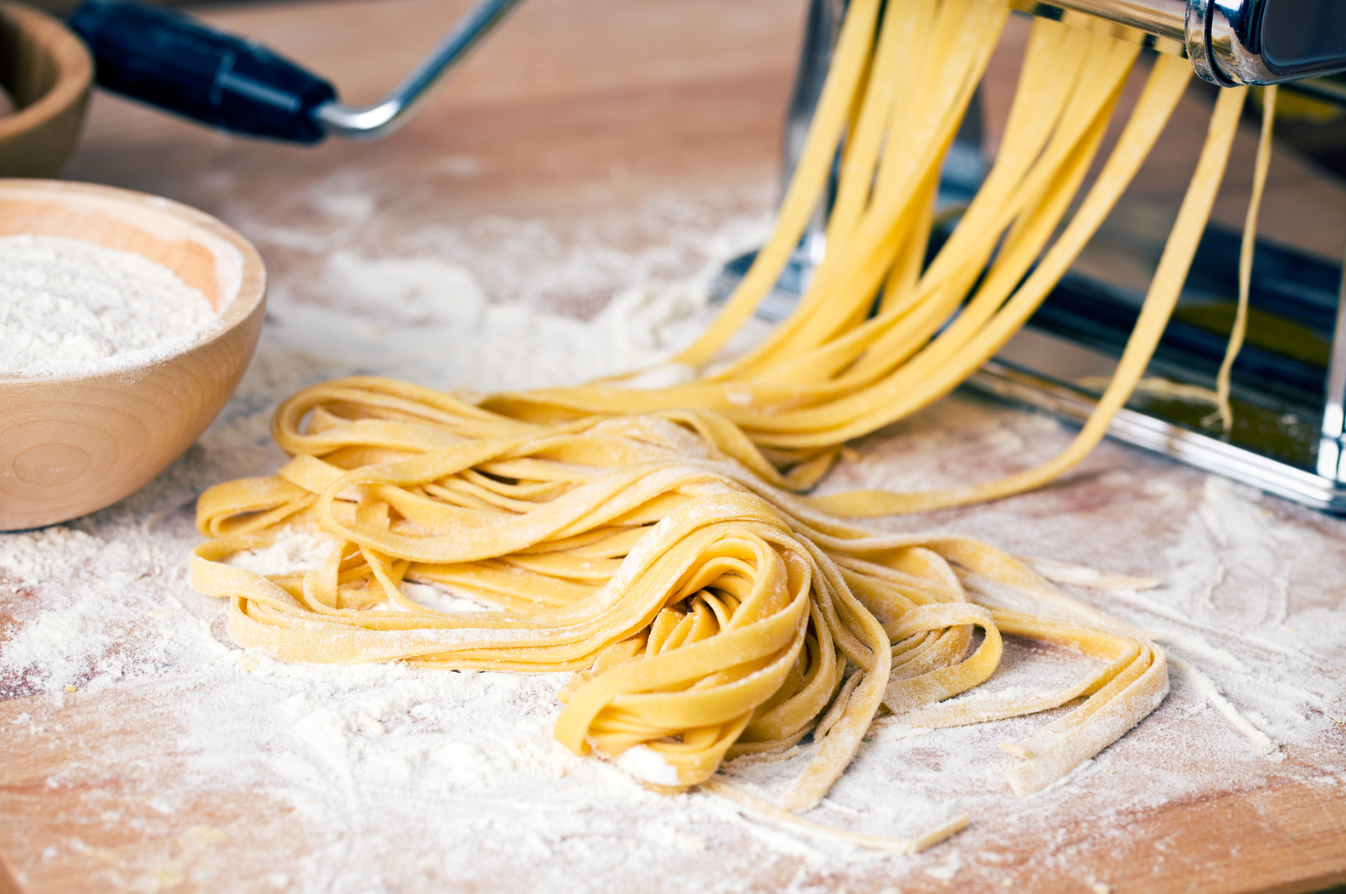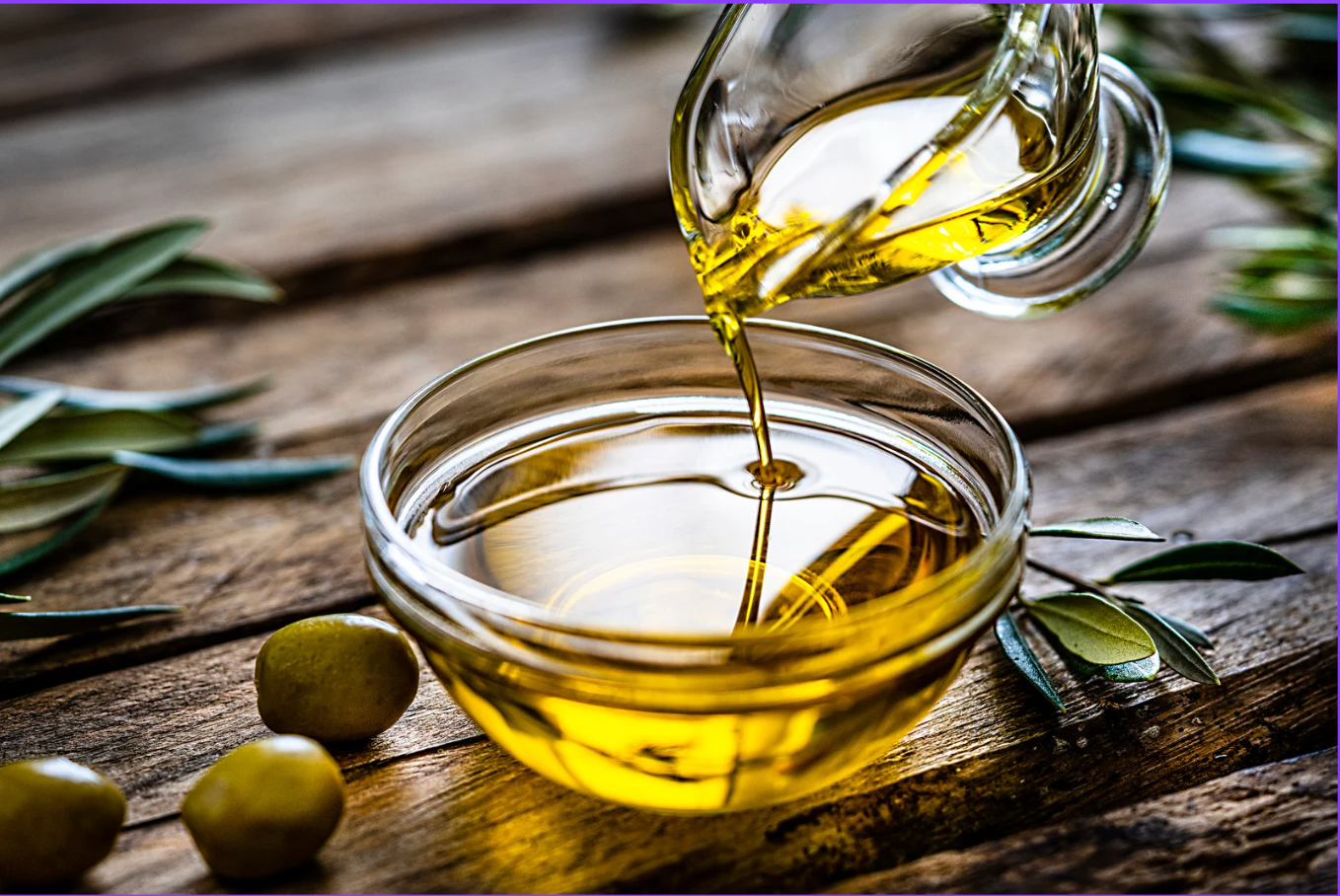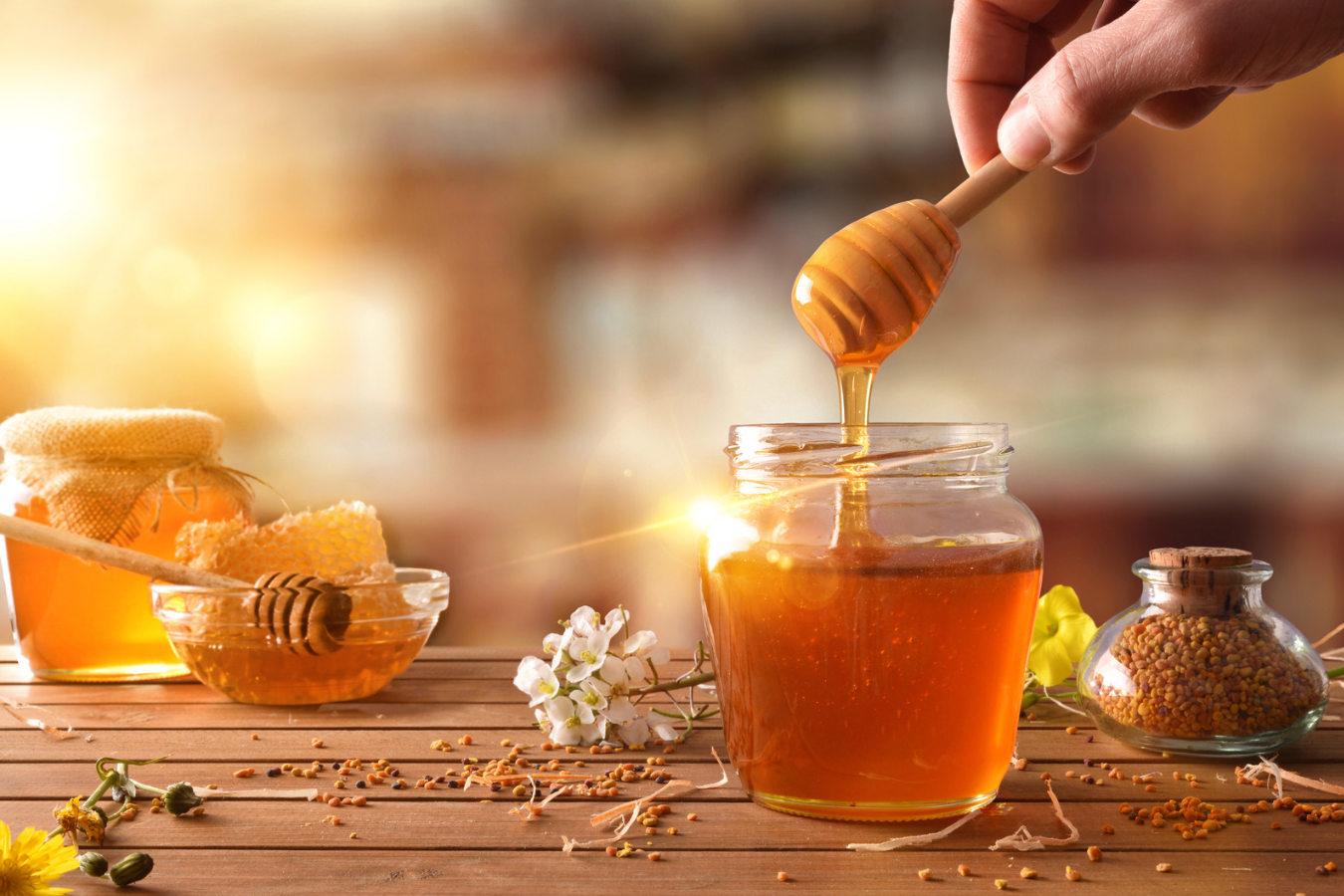What are Comfort Foods?
The term Comfort Food refers to those foods whose consumption provides us with comfort or a feeling of well-being, that is, in simple words, foods or foods that offer some kind of emotional relaxation.
Famelima's Comfort Food recipes are often simply prepared or based on tradition and may have a nostalgic or sentimental appeal, perhaps reminiscent of home, family and/or friends. After all, nostalgia plays an important role in our food.
In Greece Comfort Foods are considered trachanas, sweet or sour, as well as noodles produced in the traditional way from sheep's milk and fresh eggs.
As the brain gets used to the healthier Comfort Food, the positive reinforcement will increase, ultimately choosing foods that are good for the body and the psyche. A Famelima sweet wheat trachana soup for example will warm you up and relax you without filling you with empty calories or making you addicted like a soft drink would.
What are Earth Foods?
Earth Foods are the majority of the food we eat that is produced on the earth and in the soil. It is a fact that the healthiest foods on Earth are those that have undergone minimal processing such as the olive fruit, fruits, legumes and vegetables. Whole, real, unprocessed food produced organically and sustainably without fertilizers and chemicals is almost always healthy, no matter how many grams of carbs, protein or fat it contains.
A typical example of Earth Food is the olive fruit, which is a wonderful source of monounsaturated fatty acids. The olive provides fiber and minerals to the body and is
source of vitamin E, which is a natural antioxidant and is thought to slow down changes in cell membranes and fight osteoporosis.
What is organic food?
Organic products are considered foods that are produced under specific cultivation conditions, without the use of herbicides, growth factors, antibiotics and genetic engineering methods, while at the same time promoting biodiversity and being environmentally friendly. The above conditions, which each product must meet in order to receive the title "organic", have been defined by the official bodies and are very specific.
Organic products present a variety of advantages and can be distinguished in two axes, one for the health of the consumer and the other for the protection of the environment. As far as consumer health is concerned, there are numerous studies linking the chemicals used in conventional crops to almost all types of adult cancer, and there also appears to be evidence that systemic exposure to insecticides, pesticides and antibiotics predisposes to serious chronic diseases, diabetes mellitus as well as infections resistant to antibiotics. Avoiding the preventive use of antibiotics in organic farming leads to a reduction in antibiotic-resistant bacteria. Studies estimate that organic products are over 30% less likely to contain resistant bacteria. Organic produce contains more antioxidants, more vitamin C and trace elements such as phosphorus.
At the same time, organic production farms are proven to be more environmentally friendly and can contribute to a sustainable, human development. The contribution of organic production to the environment is due to the use of physical versus chemical processes (eg pesticides, fertilizers, hormones). It favors recycling, natural balance, higher soil fertility, the preservation of ecosystems and the reduction of pollution since it returns the nutrients of biological residues to the soil.
Are "bio" and "organic" the same thing?
In Europe, organic food is often referred to as "organic" instead of "organic" as it is in the US. Organic production is also known in the EU and the USA, and we can say that it is a friendly production in terms of nature, animals and people. Terms such as "bio", "biological" or "ecological" are names for organic products. The truth is that the label varies by country. English-speaking countries use the term "organic", while in countries that use languages derived from German and other Latin-derived languages, the "bio / biological" variant predominates. The US has the EU certificates and products that must also comply with the EU regulation on organic farming.
Organic food has recently become popular, and this is attributed to the specificity of the use of various chemicals in reproduction and cultivation. Many old people living in the villages argue that all the food used to be organic because not so many chemicals were used. Chemical fertilizers and pesticides have been used for years not only by large producers, but also by small farmers who cultivate the land for their own needs. According to experts, all food was organic before the development of nitrogen fertilizers in the early 20th century. In Germany, organic farming was introduced as early as the 1920s, and certainly in other countries well before 2000. The official regulation of "organic" production in the EU began in 1991, and in 1999 the rules were extended to animal production. Our grandparents thought it reasonable to put "biofertilizer" on their fields through the excrement of the animals that grazed and moved on them, so the cows and chickens had more space. For example, it is possible that many older farmers who reject synthetic substances in production are “bioproducers” without even knowing it.
The terms "bio" and "organic" are not protected only in the context of the protection of the European
regulation on organic farming. The regulation also covers phrases such as "organic", "biodynamic" and "controlled organic farming".
Where does trachanas come from?
Trachanas is a pasta made from flour and milk, it has a granular and irregular shape and its grains are about 2-3 millimeters in diameter. It comes in different varieties, sour and sweet, thick and fine. During the preparation of trachanas, the last stage is its drying and to do this the trachanas is spread out so that it has the maximum possible surface. This process, the laying of the trachan, has also remained as a popular expression, referring to someone who is characteristically late.
Several agree that trachanas is related to the Greek word trakton while some others connect it to the Greek word tragos or traganos. But there are also those who consider the similarity with crunchy and rough 'thick' to be a coincidence and believe that the word probably comes from the Persian 'tarkhane'.
The food was first mentioned in the Persian language in the 11th century, in the form of tarkhana. "Tar" in Persian means "wet, soaked", and "khan" means "eating place/table, food, large wooden bowl". So in Persian it means "soaked or soaked food" which fits the way the soup is prepared: the trakhanas must be soaked in water and other possible ingredients are then added and cooked for some time.
What are the types of olive oil?
Most of the times when we try an olive oil we try to understand if it is of good quality and the truth is that this is not a given at all. In fact, the quality of olive oil depends on many factors, some of which are the climate and soil composition of the olive grove, the variety of the olive fruit, the time and method of harvesting, and even the operating conditions of an olive mill. A safe practice, however, is to always choose standardized extra virgin olive oils, as their characteristics and type are detailed on their packages.
Extra Virgin Olive Oil This is the best quality olive oil with an acidity that does not exceed 0.8% per 100 grams. Its taste and aroma are reminiscent of the taste of freshly picked olives, however, depending on the variety we choose, we will have a different taste result. For this reason it may be useful to have two or three different varieties in our cupboard. It is extremely valuable for our health and our first choice in cooking.
Virgin olive oil
It has a mild aroma, pleasant taste and acidity that does not exceed 2.0% per 100 grams.
Olive oil
It is a mixture of refined and virgin olive oils with less than 1.0% acidity per 100 grams. It is of lower nutritional value than virgin olive oil.
Lambante olive oil
It has an acidity greater than 2.0% per 100 grams and is not suitable for consumption. It is mainly intended for refining or refining as it is also called for industrial use.
Refined Olive Oil
It is obtained from the refining of virgin olive oils, while its acidity does not exceed 0.3% per 100 grams. It is inferior in vitamins and nutrients and is not particularly bitter due to its lack of antioxidants.
EARTH & COMFORT FOODS
With pure raw materials from selected producers of Magnesia who breed and cultivate with traditional methods and respect for the environment.
CONTACT US
Do you want to know more information and order Famelima products? Send us your message and we will contact you immediately.

OUR PURPOSE
Our concern is to create healthy foods from 1st ingredients cultivated with modern organic farming practices, observing the rules of the circular economy throughout the life cycle of our products.
EARTH & COMFORT FOODS
Flavors full of memories, easy, fast & healthy!




